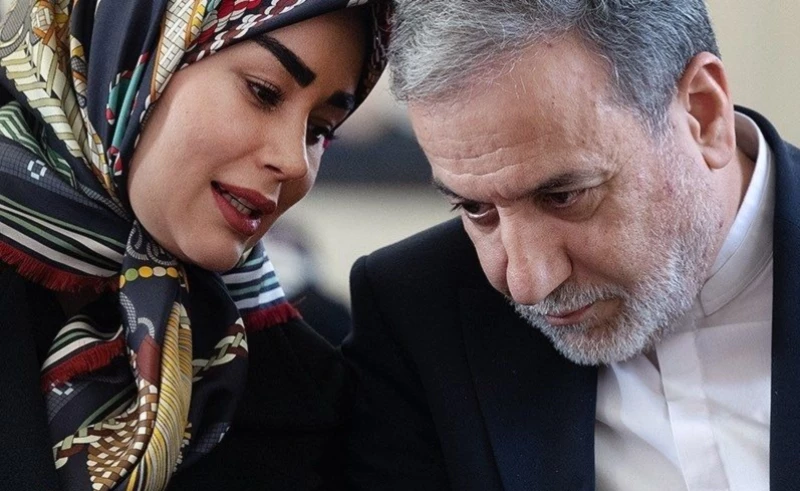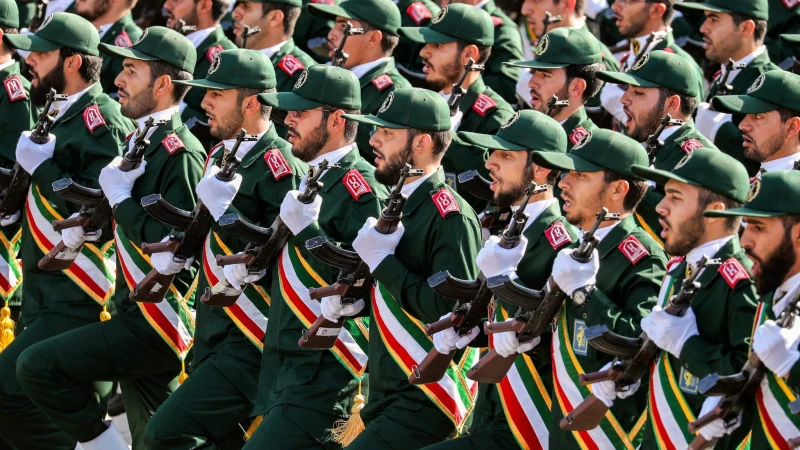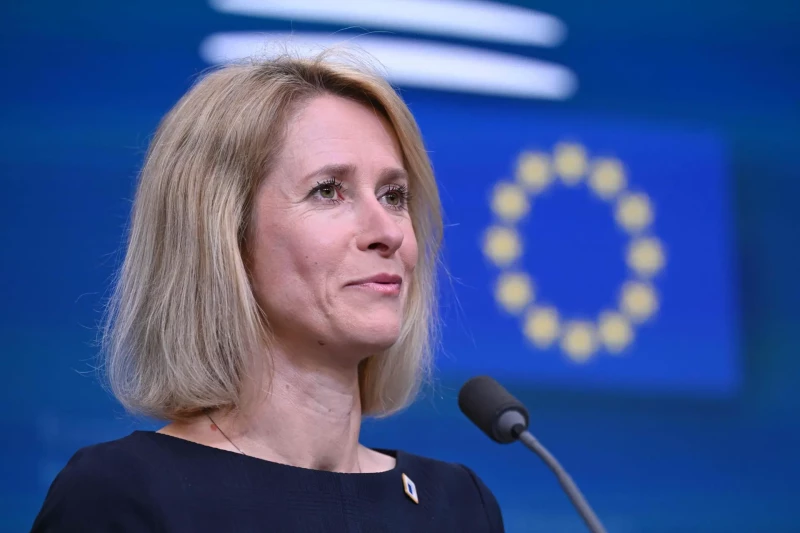ERBIL, Kurdistan Region of Iraq - Iran will hold nuclear talks with France, Germany, and Britain on January 13 in Switzerland, Iran’s ISNA news agency cited a foreign ministry official on Wednesday.
"The new round of talks between Iran and three European countries will be held in Geneva on January 13,” in Geneva, Switzerland, said Kazem Gharibabadi, Deputy Foreign Minister for Legal and International Affairs.
“As previously announced, these are conversations, not negotiations, and are for clarifying various issues and consultations,” Gharibabadi said.
Berlin, London, and Paris in mid-December accused the Iranian government of growing its stockpile of high-enriched uranium to "unprecedented levels,” warning they were pondering resorting to imposing sanctions against Iran to keep it from developing its nuclear program.
The International Atomic Energy Agency (IAEA) nuclear watchdog says that in recent years, Iran has increased its manufacturing of enriched uranium.
The three European countries have repeatedly said they would prevent Iran from developing nuclear weapons, including through snapback if necessary. Iran, however, says it has the right to nuclear energy for peaceful purposes.
In a visit to Tehran in mid-November by IAEA head Rafael Grossi, Iran reportedly agreed to cap its stock of near weapons-grade uranium enriched up to 60 percent purity.
In 2015, Iran and world powers signed an agreement that led to the easing of international sanctions on Tehran in exchange for curbs on its nuclear program.
The United States, however, under the leadership of then-president Donald Trump, unilaterally withdrew from the landmark deal three years later, reimposing economic sanctions on Tehran, causing massive financial damage to the country’s economy, and significantly depreciating its currency, toman.

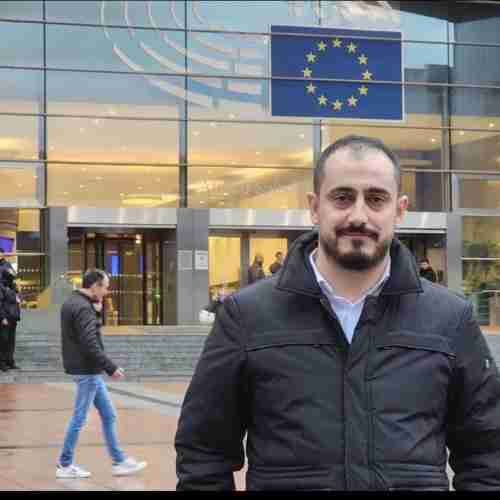
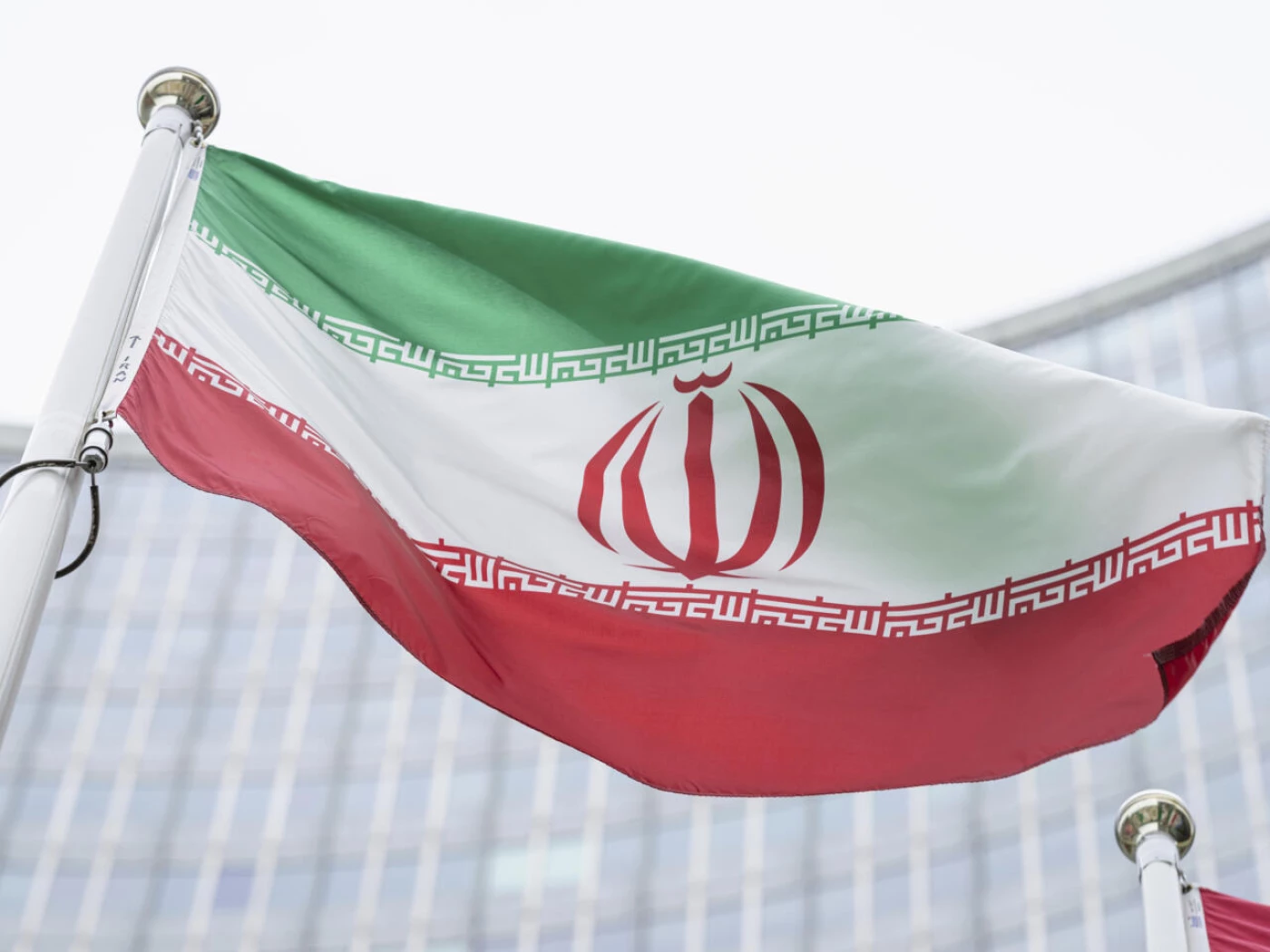
 Facebook
Facebook
 LinkedIn
LinkedIn
 Telegram
Telegram
 X
X
